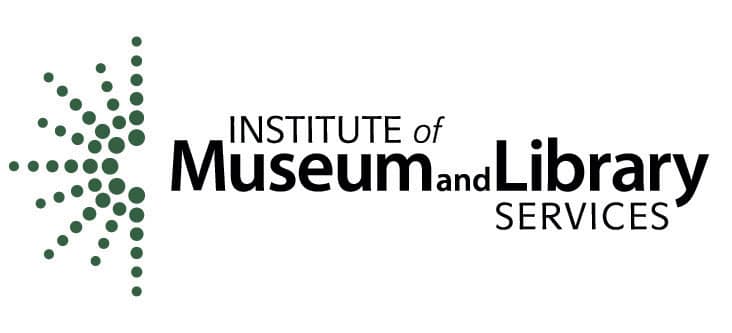Human Centered Design to Inspire Creative Community-based Solutions
2018-2021

Project Description
In collaboration with Oregon MESA, we used Human Centered Design (HCD) to develop exhibit-based design challenges that invite youth and families to use 21st Century Skills to address United Nations’ Global Goals for Sustainable Development. This project resulted in two new, co-developed museum exhibits and a practitioner guide for collaboration and human-centered design.
Resources & Research
Resources
Center for Innovation Design Challenge & Partnership Playbook ↓
This playbook, co-developed by OMSI and Oregon MESA based on our shared experiences in this project, is a guide for collaborating, using Human Centered Design, and creating relevant and inclusive experiences for museum spaces.
Research
Summative public and professional evaluation ↓
Evaluation of the Evolving the Museum Experience project focused on professional participants’ skills and confidence related to Human Centered Design; the success of the OMSI-MESA collaboration; and museum visitors’ experiences of the design challenges, including their use of 21st Century Skills and the relevance of the exhibits to participants’ lives.
Collaborators
Partner
Oregon MESA
Advisors
Nelda Reyes, Principal at AB Cultural Drivers
Vivek Shandas, Professor of Climate Adaptations and Director of the Sustaining Urban Places Research (SUPR) Lab at Portland State University
Cynthia Valdivia, Assistant Public Information Officer, Washington County Medical Reserve Corps Unit Coordinator
Funder

This project was made possible in part by the Institute of Museum and Library Services under Grant No. MA-10-18-0388-18. The views, findings, conclusions or recommendations expressed in this website do not necessarily represent those of the Institute of Museum and Library Services.